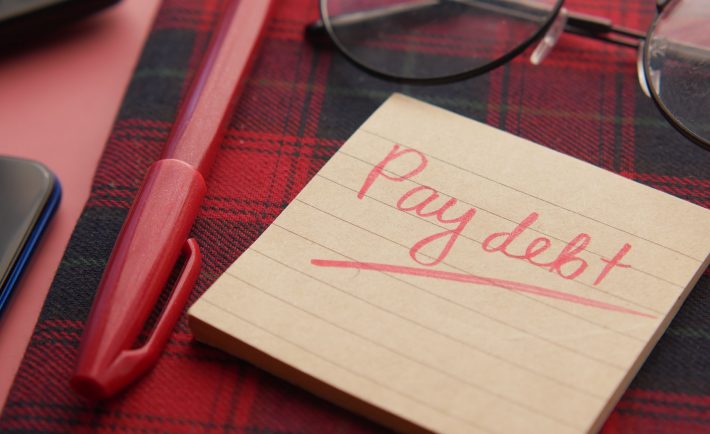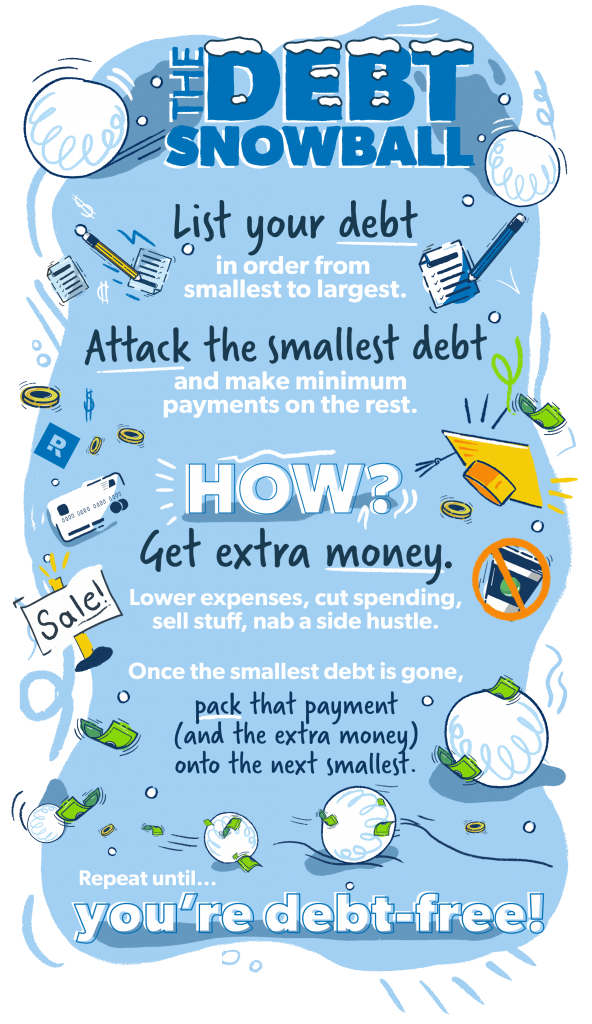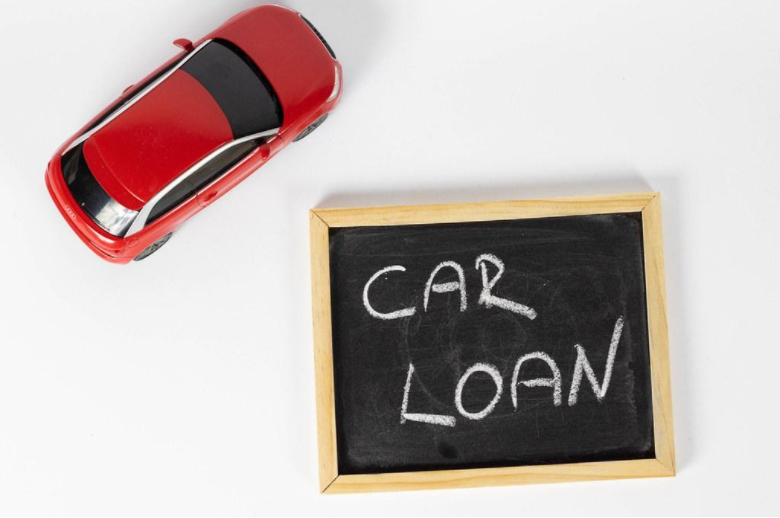Are you caught in a sudden financial situation? To alleviate the severity of your problem, you can consider taking a personal loan.
Personal loan allows you to borrow money to pay for personal expenses, which you must repay over time. Things can quickly turn into a nightmare when you do not have the capacity to pay it back. This leads us to these questions: Is a personal loan nonideal? When is bad and when is it helpful?
How It Works
A personal loan is an installment loan that gives a fixed amount of money to the borrower. Its most appealing feature is its ability to provide funds for any purpose. You are not limited by one purpose alone.
When it comes to repayment, you can expect that the interest rate will be fixed. This repayment plan ensures that you get a relatively lower or more affordable interest rate compared to the interest rates offered by credit cards.
When Is It Harmful?
A personal loan can turn into a borrower’s nightmare when the funds are used for the wrong reasons. It is important to think about the consequences of borrowing instead of only focusing on addressing the unpleasant financial situation.
For instance, basic needs are supposed to be covered by your monthly income. You should not use a personal loan to cover your basic needs because these are recurring expenses. Imagine what will happen if you use your personal loan to finance your weekly grocery trips!
When Is It Helpful?
1. When you borrow money for a meaningful purpose such as medical emergencies or major occasions
Despite being a joyous occasion, weddings are expensive. From your wedding dress to your venue, an average wedding in Singapore can cost about S$30,000. With a personal loan, you will get to ease your cashflow by spreading out the payment at a friendlier pace.
2. When you have a strategic plan to pay the loan back
As a borrower, it is your responsibility to plan how you can pay back the amount. If you already know how you are going to spend the money, you should also know how you will be able to repay it. Moreover, it is important to only borrow what you need!
3. When you have the discipline to pay your loan/s on time
Commit to repaying your loan on time. Most personal loans become a burden for the borrowers when they fail to pay their due dates on time. Negligence can lead to penalties, making your personal loan seem unbearable.
4. When you want to consolidate your debts
Do you have multiple loans at high interest rates? If so, it is a practical idea to consolidate these outstanding balances into a personal loan with a lower interest rate. Doing this will enable you to choose your repayment terms and ensure that you can afford the monthly installments.
5. When you want to take the less complicated borrower’s route
Personal loans are less complicated to avail compared to other loans. In fact, many banks and financial institutions in Singapore allow you to apply for it online.
6. When you want to boost your credit score
You can get a small personal loan to improve your poor credit score. Just make it a habit to pay the installments on time and commit to your repayment plan! This works because your payment records will show lenders how trustworthy and reliable you are.
CONCLUSION
Personal loan allows you to borrow money to pay for personal expenses, which you must repay over time. It can either be harmful or helpful, depending on how you use it.
On one hand, personal loans can be used as tools for the right circumstances such as paying for your wedding day. On the other hand, personal loans can be harmful when you do not have a strategic repayment plan or when you use it for the wrong reasons. Weigh your options before committing to a personal loan.








